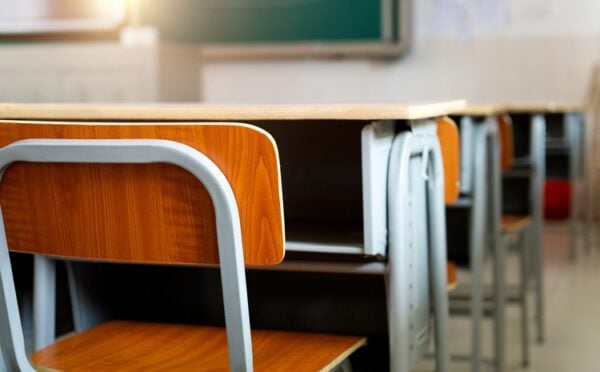A legal services nonprofit answers questions about how families can start getting help for students with disabilities
If your child has a disability, getting school support can be challenging.
Whether a student is experiencing academic, behavioral or medical needs, knowing when it’s time to ask for help, and what to look for, can make a big difference for families.
Ability Allies is a “nonprofit organization dedicated to providing free and low-cost legal services to Indiana’s children and adults with disabilities, primarily in education matters,” according to their website.
In part one of this series of Q&A’s, The Indianapolis Recorder connected with Ability Allies’ attorney Mimi Huybers to provide some information on when to know a student needs extra support and who to ask for help.
This email Q&A has been edited for length and clarity.
If a parent believes their child needs more support in school because of academic, health or behavioral concerns, who should they contact first?
Huybers: If a parent believes their child needs more support in school, the initial person to contact is likely the student’s teacher and the school principal or, for older students, possibly the school guidance counselor. A good practice is to review the student’s educational records such as the student’s state standardized test results, curriculum-based measurements, report cards and any disciplinary history (if behavior is a concern).
If a parent has concerns about their child’s education after reviewing this information, the parent can set up a meeting with school staff to discuss general education interventions and strategies that might help the student be more successful in the school environment.
If the records reveal deficits in academic and social skills, the parent may want to request that the school conduct an educational evaluation to determine if the student qualifies for special education services and support through an individualized education program (IEP). If the student does not qualify for an IEP, they may still qualify for a Section 504 Plan that can provide accommodations to allow the student to better access their education. If the child has health concerns, the parent might meet with the principal and school nurse to develop a school health plan for the student.

If a child is consistently behind grade level, what is one of the first things a parent or caregiver should do to get help?
Huybers: If the student’s educational records (report cards, state and local test results, curriculum-based measurements) indicate that the student is consistently performing below grade level the parent can request that the school conduct an educational evaluation to measure the student’s academic and functional skills.
The parent should request the testing in writing to licensed school personnel, such as the school principal or school psychologist. The school has 10 school days to respond to the request and 50 school days to complete the educational evaluation if they agree to conduct it.
The parent can also request a meeting with the schoolteacher or principal to discuss whether any strategies and/or interventions can be put in place while the school is conducting the educational evaluation. It is often helpful to have an interim plan in place to start addressing the student’s educational challenges as soon as possible.
What is an educational evaluation?
An educational evaluation is administered by a school psychologist using standardized assessments to measure the student’s academic and functional skills. The educational evaluation is free to the parent and can be used to determine if the student qualifies for special education services. The student is typically assessed in all areas related to their suspected disability classification and the results are used to determine if the student is eligible for special education services.

What are special education services? Can you give examples of what that might look like?
Huybers: Special education and related services are determined by the student’s case conference committee after the student is determined eligible for special education services. The services must be designed to meet the unique needs of the student and will vary from student to student depending upon their needs. For instance, a student with a specific learning disability in reading might go to the resource room during the school day to get individualized instruction using a specialized program designed to remediate their reading deficits. A student with an emotional disability might receive counseling and be taught specific strategies to manage their behavior. That student may also have a behavioral plan to alert school staff about events that trigger adverse behavior and how to respond when that behavior occurs.
The responses from Ability Allies are for informational purposes only and should not be considered as legal advice. Part two of this series will explore what schools are required to provide. To learn how this organization can support your child’s needs, visit abilityallies.org. You can find the Indiana State Board of Education Special Education rules by visiting in.gov/doe/students/special-education/laws-and-resources/.










